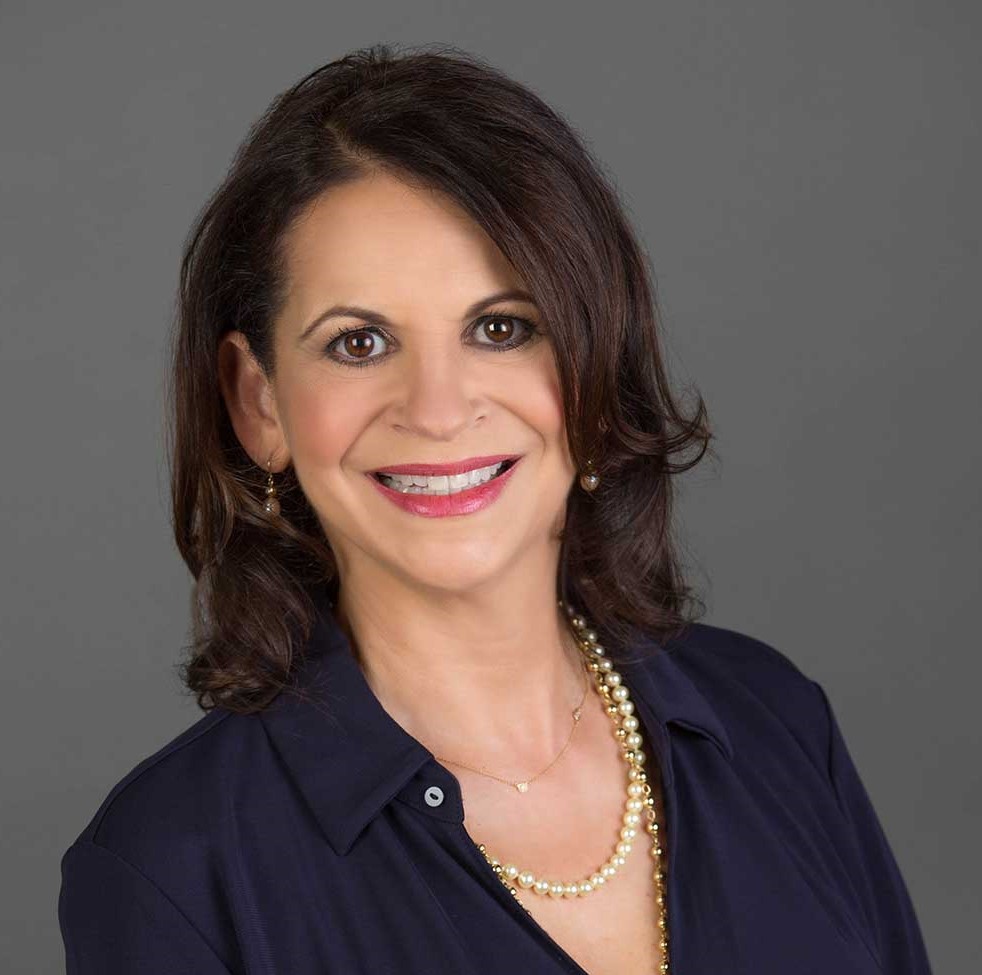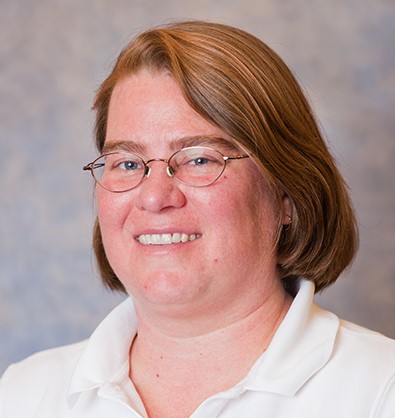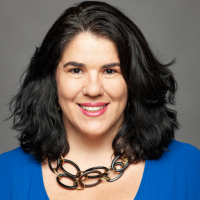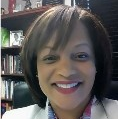
Eloisa Rodriguez-Dod 
Debra VanderMeer 
Maria Elena Villar 
Carleen Vincent-Robinson
Working to improve diversity and inclusion on campus is a tall order, especially when the campus is as large as FIU, with over two thousand instructional employees. A new program has been launched to make sure faculty members have easily identifiable point persons to whom they can turn for help.
The College Equity Advisor is the principal liaison between the College and the Office to Advance Women, Equity and Diversity (AWED). The Equity Advisor is jointly appointed by AWED and the Dean to ensure that diversity, equity, and inclusion (DEI) are considered in all aspects of the college’s academic life, including faculty recruitment, faculty retention, and helping departments with strategies to promote a climate of equity and inclusion.
“Everyone can see that there are disparities and challenges when talking about diversity and inclusion, and the thought of taking on such a big project can be overwhelming,” says Maria Elena Villar. Villar joined AWED as an Equity Advisor after finishing several years of working as an administrator and being inspired in part by the year’s events that highlighted the need to address systemic racism, feeling that she wanted to contribute to making a difference in her sphere of influence.
College Equity Advisors are meant to act as a resource for helping departments develop, implement, and track progress on their diversity plans, the latter of which she thinks is particularly important.
“Regular monitoring is one way of supporting change. If you want to see if a regime is working, you have to decide what you can change and what is measurable, and keeping an eye on those goals is what will help keep you moving the needle.”
Carleen Vincent-Robinson believes that Equity Advisors are uniquely qualified to assist college leaders in DEI issues due to their training and knowledge of the subject. “He/she, alongside college administrators, can develop active recruitment strategies by forging partnerships with HBCUs and other HSIs, creating pipelines into our programs, developing competitive postdocs that offer the best and brightest an opportunity for permanent employment, and, perhaps, considering something that is typically seen as taboo in higher education—examining our very own doctoral candidates as potential future members of the professoriate at FIU.”
Vincent-Robinson has several goals for herself as an Equity Advisor. She wants to see DEI promoted as a serious endeavor worthy of attention and financial support, to generate further interest in DEI by helping departments and the college execute and expound upon their plans, and to provide a safe space for FIU’s diverse faculty, identifying the tools and resources available to them and, if necessary, advocating on their behalf.
“This individual, if given adequate support and freedom to maneuver, can help the deans lead the charge for a better and more diverse FIU.”
Eloisa Rodriguez-Dod has long been interested in diversity and inclusion issues. She served as chair past Chair and member of the Executive Committee of the Association of American Law Schools Section on Minority Groups, and is involved in the Feminist Judgments Project, which rewrites key judicial decisions from a feminist perspective. “It’s amazing what happens when you change the lens you use to look at an issue. You see how different things can be.”
Rodriguez-Dod thinks the Equity Advisor position is important in helping colleges improve diversity and equity.
“Equity Advisors share ideas from other colleges. DEI goals are incredibly important, and the Equity Advisor position, as a liaison, can share valuable resources and perspectives from colleagues across the university.”
Debra VanderMeer sees the Equity Advisor position as an important resource for her college and her colleagues. “It can feel very isolating to want to work on diversity and inclusion efforts but not know what’s going on in the college or the wider university, so it’s important to have someone to go to with questions.”
She became an Equity Advisor after attending AWED programs like STRIDE and Bystander. “AWED emphasizes best practices established by research and supported by evidence, which is helpful. Raising awareness is good, but we also want to achieve actual change,” she says. Her goal this year is to say the word inclusion to as many people as possible, and she’s working with her college’s chairs to attend department meetings to introduce herself and the position.
“The country cares about these issues, the university cares, and the faculty care. Someone just needs to start the conversation.”
This year’s College Equity Advisors are:
- CARTA: Maria Elena Villar, Associate Professor, Communication; Co-Director, Steven Cruz Institute for Media, Science Technology
- CASE: Caroline Simpson, AWED Associate Director; Professor, Physics
- CEC: Anthony McGoron, Associate Dean for Academic Affairs; Professor, Biomedical Engineering
- COB: Debra VanderMeer, Knight Ridder Center Research Fellow; Professor, Information Systems and Business Analytics
- HWCOM: Cheryl Holder, Interim Associate Dean for Diversity, Equity, Inclusivity, and Community Initiatives; Associate Professor, Humanities, Health and Society
- LAW: Eloisa Rodriguez-Dod, Associate Dean for Academic Affairs; Professor, Law
- SIPA: Carleen Vincent-Robinson, Associate Teaching Professor and Associate Chair, Criminology and Criminal Justice
